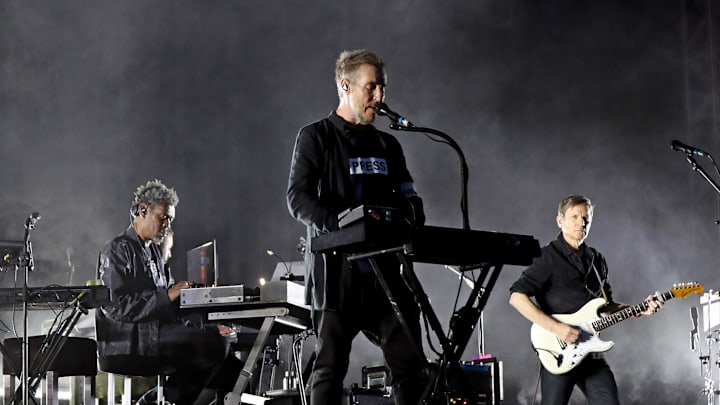Spotify was not the first streaming service, but as streaming as such grew, the Swedish company became the largest service in the world. As its influence grew, so did the critiques about the way it operated.
From the payment model for the artists presenting their music on the service, the presence of so-called fake artists, to the Joe Rogan podcast boycott, and more recently, artificial intelligence-created music. Oh, and Spotify’s prices keep constantly growing, too.
Now, another controversy is hitting the streaming giant, and on the surface, it doesn’t have to do much with music. It turned out that cofounder and chief executive Daniel Ek has invested some 600 million Euros ($704 million) in the military AI company Helsing. That prompted quite a number of artists to pull their music from Spotify.
First in line were Australians King Gizzard and the Lizard Wizard, who now make their huge catalog available for free on Bandcamp, then a number of indie artists followed - Xiu Xiu, Deerhoof, Wu Lyf, and Deradoorian have all done the same. Yet the biggest name to do the same is the British duo Massive Attack.
Massive Attack are involved in a number of social and political causes
Since their inception back in 1988, the band has become one of the spearheads of modern electronic music, is considered the key influence on the trip hop movement, and is the creator of some of the more inventive electronic music around. At the same time, the band became involved in a number of social and political causes.
They got involved in ecology issues, committing themselves to what are known as sustainable live music practices. To that effect, the duo declined the invitation to play Coachella 2025 over environmental sustainability concerns.
Most recently, they requested their label, Universal Music Group, to pull their music from all music platforms in Israel, as the band is a signatory, along with 400 other artists, of the “No Music for Genocide” campaign.
As far as their decision to pull their music from Spotify, the band noted in their press statement that “the economic burden that has long been placed on artists is now compounded by a moral and ethical burden, whereby the hard-earned money of fans and the creative endeavours of musicians ultimately funds lethal, dystopian technologies. Enough is more than enough. Another way is possible.”
As could be expected, this and other social and political stances of the band created controversies, the most recent being the one when the band was accused of using facial recognition at their concerts, which Massive Attack vehemently denied.
At the same time, Spotify currently doesn’t seem to be worried about acts pulling their music from the service. The worry might start if more big names begin removing their music, as there is a growing number of alternatives out there.
